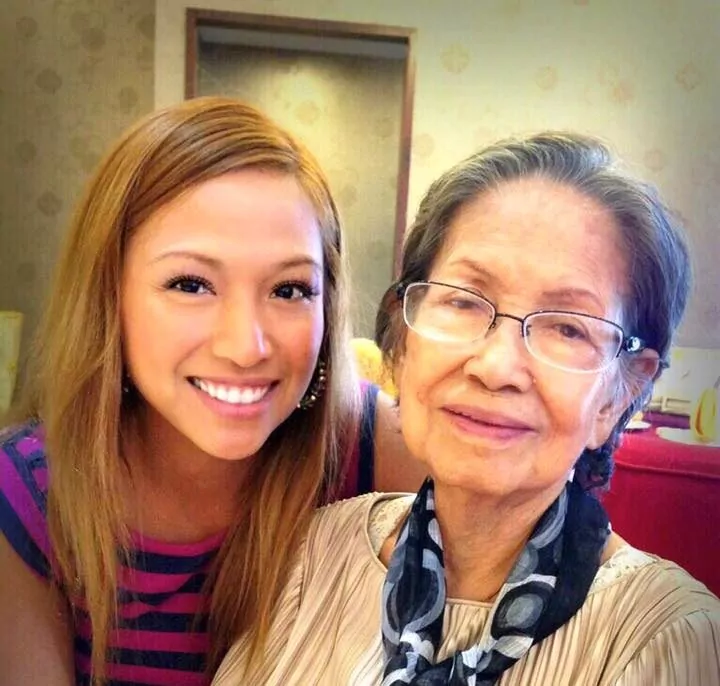Knowing the 10 signs that death is near is important as it will help prepare family members and caregivers. Signs will give you an idea on what to expect during the last few days of life.
This article will describe the 10 signs that death is near as well as ways on how to manage them.
Please note that it doesn’t necessarily mean that the person is dying when these symptoms are experienced. The 10 signs are general overview of the symptoms and signs that death is near. Keep in mind that not all experiences are the same. There are several factors that can influence the individual’s experience when it comes to death which may include the type of illness and medications. It is best to consult the doctor to get helpful advice and detailed information to know what to expect when these signs and symptoms are present.
- Drowsiness, sleeping more, or being unresponsive
- Confusion about time, place, and/or identity of friends and family members
- Being more withdrawn and less social
- Less need for food and liquids, and loss of appetite
- Loss of bladder or bowel control
- Dark urine or decreased amount of urine
- Skin becomes cool to the touch or bluish in color
- Rattling or gurgling sounds while breathing
- Turning the head toward a light source
- Becoming harder to control pain
10 Signs that Death is Near:
1. Drowsiness, sleeping more, or being unresponsive
You and your family can plan visits and activities for times when your loved one is alert. It is important to speak directly to the patient and talk as if he can hear, even if there is no response. Most patients are still able to hear after they are no longer able to speak. Patients should not be shaken if they do not respond.
2. Confusion about time, place, and/or identity of friends and family members
Your loved one may also seem restless, or have visions of people and places that are not present or she may see, hear, and talk to loved ones who have died. She may pull at bed linens or clothing. Gently remind them of the time, date, and people who are with them. Try to be calm and reassuring. These should not be treated as hallucinations. You don’t need to convince her that her visions aren’t real.
3. Being more withdrawn and less social
Speak to your loved one directly. Let him know you are there for him. He may be aware and able to hear, but unable to respond. Some experts say that giving the patient permission to “let go” can be helpful.
4. Less need for food and liquids, and loss of appetite
Allow your loved one to choose if and when to eat or drink. Ice chips, water, or juice may be refreshing if she can swallow. Lip balm may help to keep the mouth and lips moist.
5. Loss of bladder or bowel control
Keep your loved one clean, dry, and as comfortable as possible. Place disposable pads on the bed beneath the patient and remove them when they become soiled.
6. Dark urine or decreased amount of urine
You can ask a member of the health care team about the need for a catheter. A member of the health care team can teach you how to take care of it if one is needed.
7. Skin becomes cool to the touch or bluish in color
It’s okay to use blankets to warm your loved one. Avoid warming the patient with electric blankets or heating pads, which can cause burns. Take comfort knowing that even though the skin may be cool, the patient is probably not aware of feeling cold.
8. Rattling or gurgling sounds while breathing
These may seem loud or may seem irregular and shallow. Your loved one may also breathe fast and then slow. Turning his body to the side and placing pillows under the head and behind the back may help. Although this kind of breathing may seem scary to you, it does not cause discomfort to your loved one. An extra source of oxygen may help. If he can swallow, ice chips also may help. A cool mist humidifier may help as well.
9. Turning the head toward a light source
Leaving soft, indirect lights on in the room may help.
10. Becoming harder to control pain
It is important to provide pain medicines as your loved one’s doctor has prescribed. You should contact the doctor if the current dose does not seem to help. With the help of the health care team, you can also look into methods such as massage and relaxation to help with pain.
Related Articles:
- What To Do When Your Loved One Dies
- Planning A Funeral For Your Spouse
- Mourning The Death of A Spouse
- Coping With Grief and Loss
- Five Stages of Grief
- Planning For End-of-Life Care Decisions
Copyright © 2022 SeniorCareHomes.com. All Rights Reserved.
Catharine “Kate” is a Certified Administrator for Residential Care Facilities for the Elderly (RCFE) and an Expert Senior Care Advisor. Kate’s grandmother battled Alzheimer’s Disease and Kate personally understands what millions of families are going through. Kate and her team are very passionate in empowering Seniors and their families by providing them with the Best Available Senior Care Options based on Senior’s care needs, preferred location and family’s budget.



